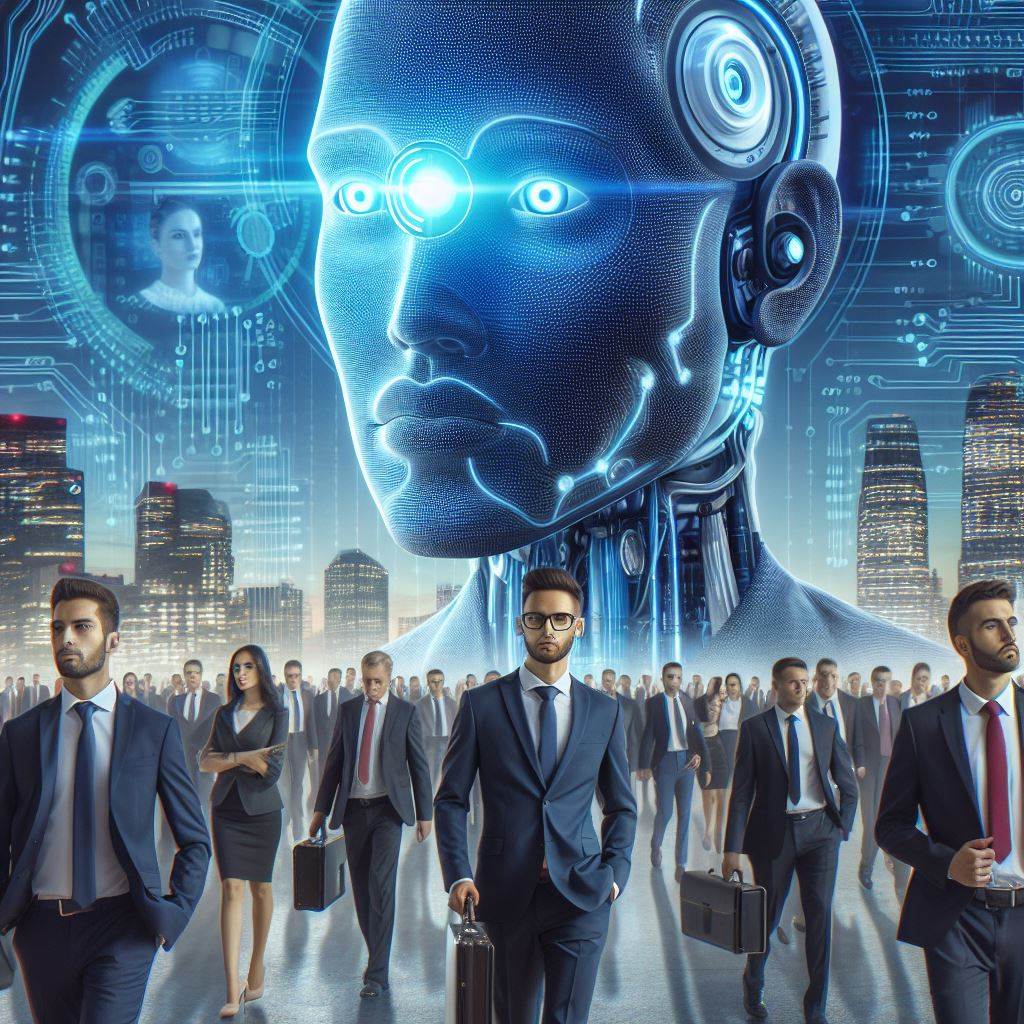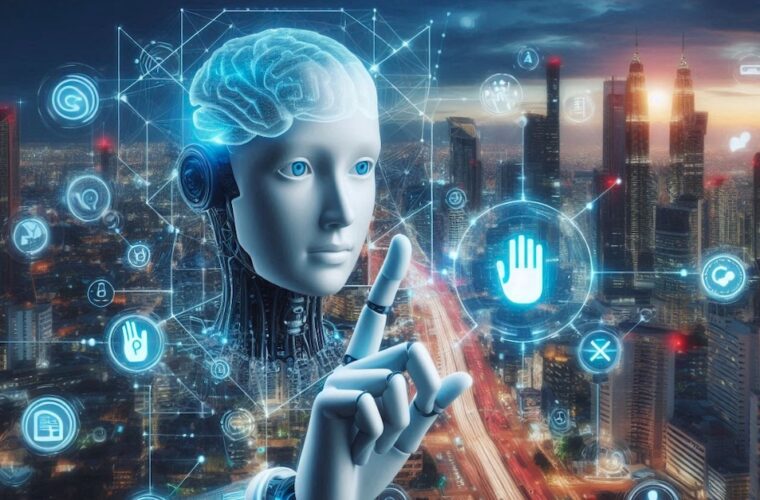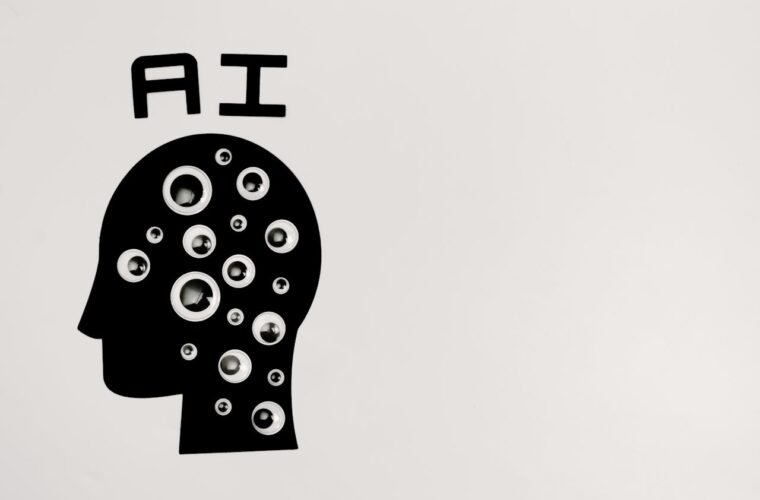AI workers: Artificial Intelligence will lead many companies to reduce their workforce over the next five years. This is according to a new study conducted by the Adecco Group, which highlights AI’s profound impact on the world of work. According to the report based on a survey in which executives from 2,000 large companies worldwide participated, as many as 41 per cent expect to reduce their staff due to adopting these technologies.
Generative AI, capable of creating text, photos, and video in response to simple commands, fuels the hope of eliminating repetitive tasks and the fear of making entire work areas obsolete. We are aware of how technology giants such as Google, Microsoft, Amazon, and others have recently made a series of layoffs, only to devote more time to developing artificial intelligence systems after the advent of OpenAI’s ChatGPT kick-started an Internet revolution. As things stand, using these tools is now normal for many, both experts and non-experts and things may evolve further in the coming years.
Adecco’s study is one of the largest on the subject and follows the World Economic Forum’s 2023 study, in which 25 per cent of companies expect job losses due to AI, while 50 per cent expect the technology to create new roles. Although most executives surveyed by Adecco recognize the revolutionary importance of Artificial Intelligence, the vast majority admit that they have not made enough progress in its adoption.
New jobs are on the way
“Almost every job will be affected by AI in some way. It can be both a destroyer of jobs and a creator of new ones. Ten years ago, it was feared that digital would destroy many jobs, but the digital world has created new jobs. We believe the balance between the jobs eliminated and those created by AI will be balanced’. According to Machuel, companies should prepare themselves for this ongoing upheaval by training their staff to work with AI rather than relying solely on external specialists. And what do you think? Is this an exaggeration or a process that has largely begun? Let us know in the comments.

However, while these are important changes, only one in 10 companies have made significant progress, and it is felt that CFOs and CEOs need to be more convinced of the opportunity of AI to accelerate its adoption and train accordingly. Fifty-seven per cent of companies lack confidence in their management team’s ability to understand the ‘risks and opportunities’ offered by AI.
Still, only 43 per cent of this group said they have a formal training program to improve AI skills, while only 50 per cent said they guide staff on how to use it in their daily work. First and foremost, Adecco argues, ‘companies need to create a framework for the ethical and responsible use of AI. Building digital trust is critical to the success of AI in the workplace. The workforce must trust the technology. Responsible AI policies are key to gaining company-wide acceptance, building trust and gaining an edge in AI adoption.”



